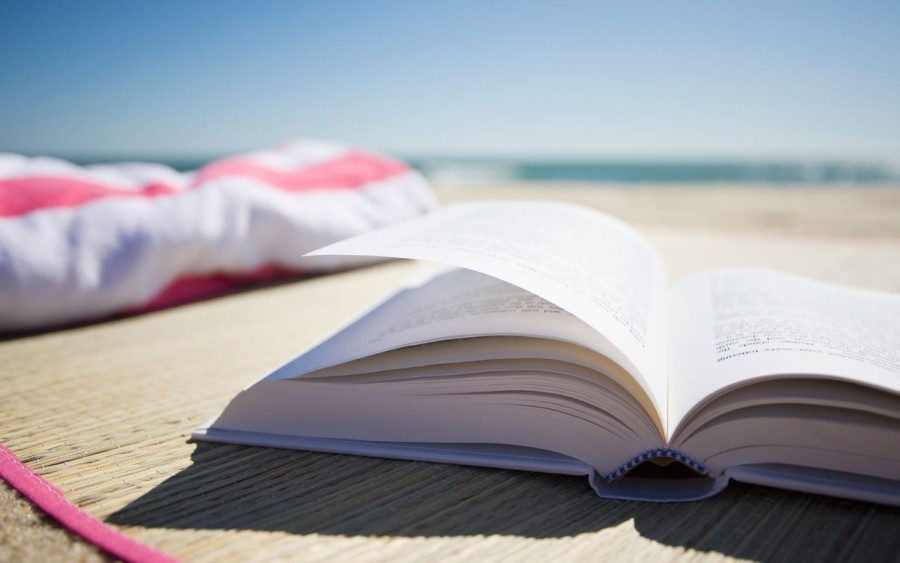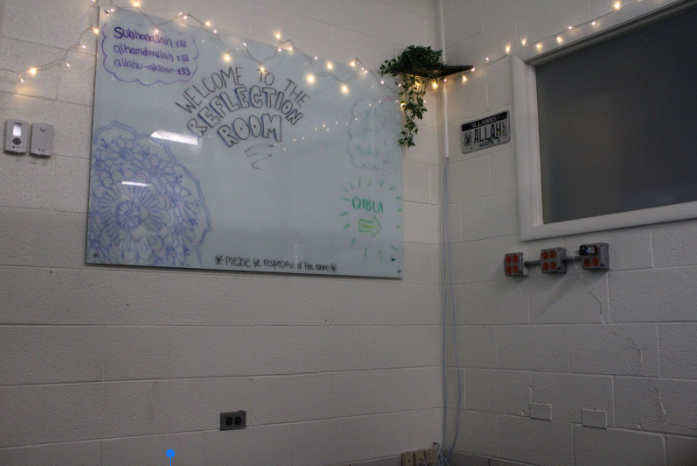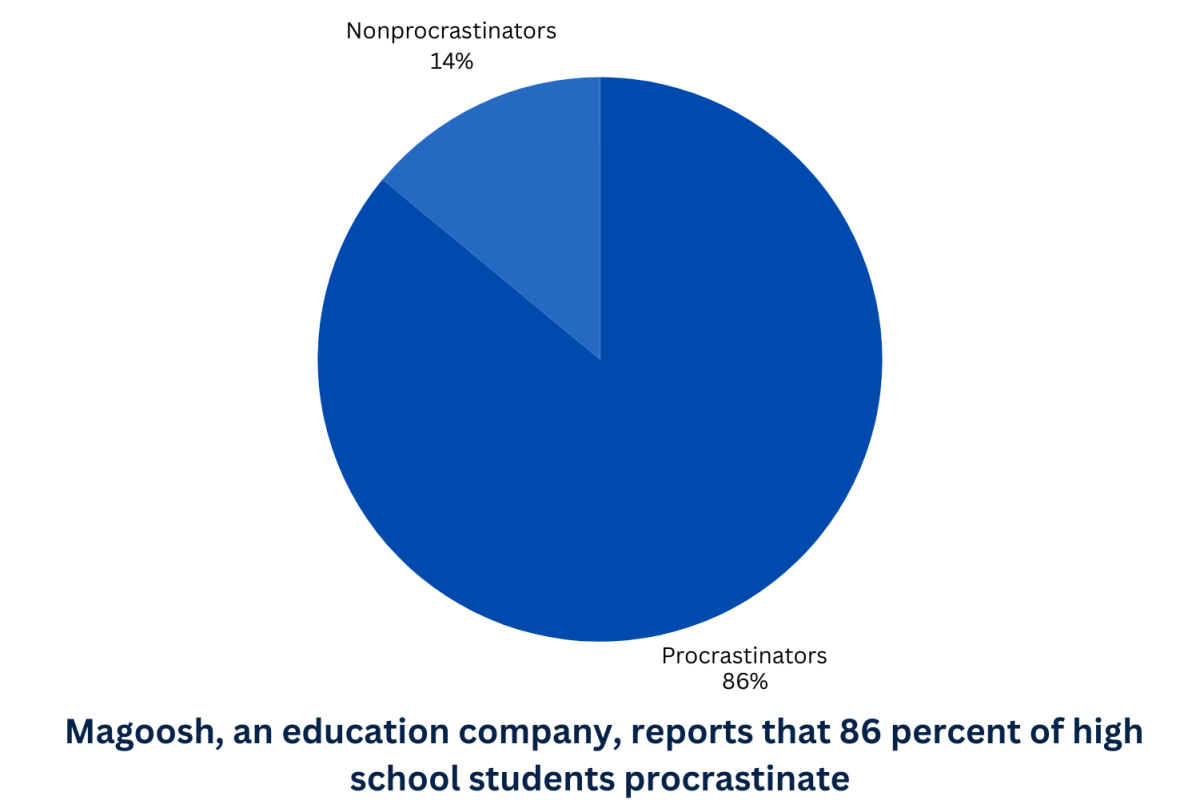The coming of June may signal the end of the school year, but for many, it does not signal the end of schoolwork. Although many students do not begin their summer reading until August, it is still a burden on students throughout June and July, causing many to feel guilt when they are crammed for time at the end of the season.
“I start beginning of August because that’s when I panic,” junior Grace Doan shared of summer reading. “I don’t think it’s important. It bogs down your summer; you have to worry about your homework.”
Not to mention the students who are already partaking in summer school or some kind of tutoring, as they have a workload that may closely resemble their school year as it is.
Another popular opinion of summer reading is that it is only used in the first week back to class, making it seem minuscully important compared to the rest of the year.
“Sometimes you just look over it. I had to read three summer reading books in eighth grade and I didn’t even read any of them and it didn’t matter,” Doan admitted. “You use them for the first week [in high school] to write that one essay about it, but I feel like if you just read the SparkNotes, you get the same gist.”
However, according to the National Summer Learning Association, it has been proven that all young people experience learning losses when they do not engage in educational activities over the summer. Therefore, if students are abstaining from all things academic during the summer — which is typical of most students, who look forward to laying by the pool and playing sports outside — they could become behind by the first day of school.
But it has been proven that reading 4-5 books during the summer can prevent a decline in a child’s fall reading scores. Most students would not voluntarily read books during the summer, so the assigned readings would help them stay on track and maintain their academic levels. In addition, teachers spend an average of 4-6 weeks re-teaching material that students have lost during the summer — according to Bright Hub Education. For the goal of cutting down that review time and allowing for more time to learn new material, summer reading can be seen as beneficial.
But how much is too much? What summer reading is really necessary and what is just assigned for the sake of assigning something?
“[Summer reading is the most useful for] English classes. [It is unnecessary for] anything else. What would you even read in history? I just don’t think it’s necessary,” Doan expressed.
All in all, summer reading assignments shouldn’t be abandoned completely. In order to allow students to keep up with their reading levels that they have reached by the end of the year and cut back the inevitable review weeks that the beginning of the year requires, summer reading should be utilized.
However, the novels should be assigned for the class that really needs students to have a certain reading level to keep up with during the year: English. For other classes that assign books, such as science or history, teachers should rethink their assignments. The books may not even relate to the textbook or subject of the first lesson, so is it really needed when students are able to maintain their reading levels through other mediums?










